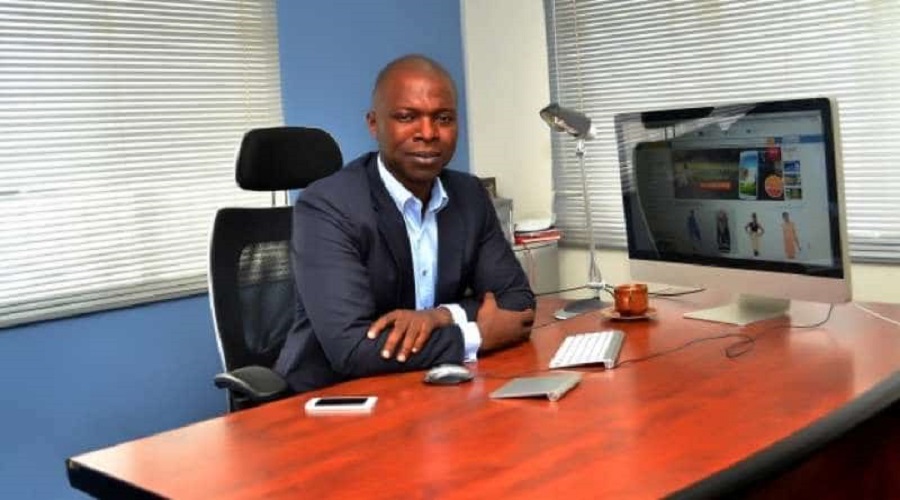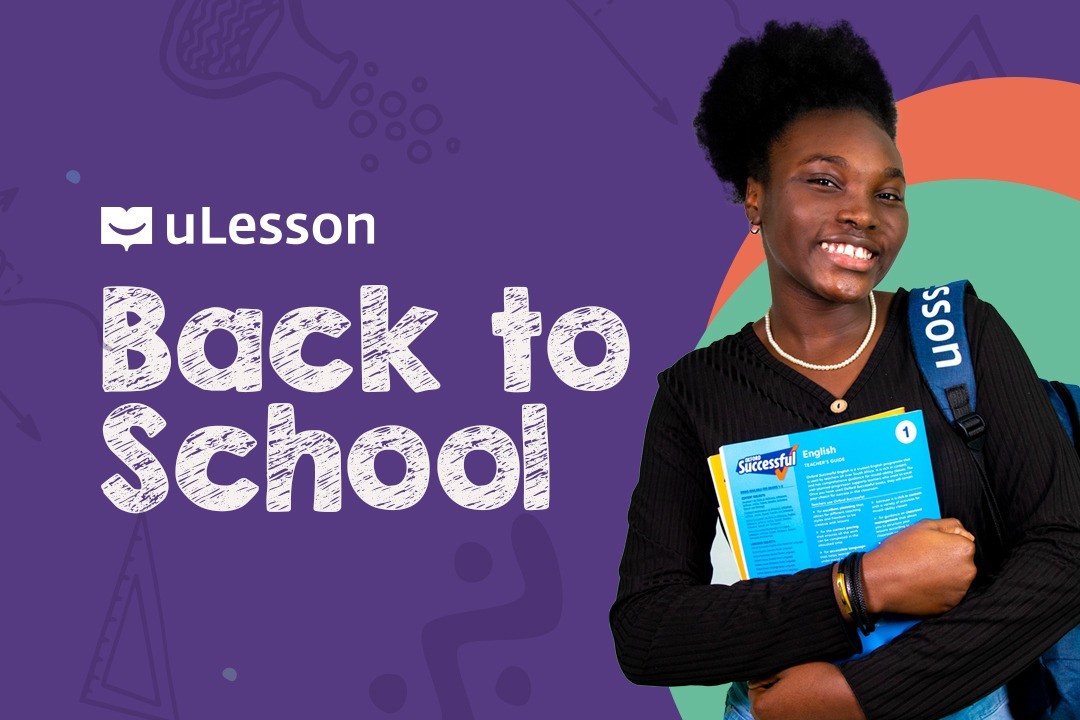African edtech startup uLesson has raised $15 million in a Series B round. This round is coming 11 months after uLesson raised $7.5 million in Series A. This round had participation from Tencent, Nielsen Ventures, and existing investors Owl Ventures, TLcom Capital and Founder Collective.
According to the company, the new funding would allow uLesson to continue investing in product development, expand its core technology, and introduce cohort-based learning features.
It also intends to add “social sciences and financial accounting to the secondary level content library, as well as qualitative and quantitative reasoning to the primary level” to its science and mathematics content.
What you should know about uLesson
Founded by Sim Shagaya in 2019, The company began by offering K-12 students a product package of SD cards and dongles with pre-recorded videos. They had the option of streaming classes or downloading and storing content using SD cards.
However, uLesson has added additional features to provide a comprehensive edtech solution for this audience. Quizzes and a homework help tool were introduced, as well as the ability to link students with university tutors. The company also introduced a one-to-many live class feature with polls and leaderboards, as well as a one-to-one live experience for DevKids, an independent coding class.
The diversity of uLesson’s offerings creates a stickiness (students spend an average of 57 minutes on the app), leading to parents purchasing smartphones for their children’s education, either on their own or through uLesson’s “device+plan” package, which is only accessible in Nigeria.
According to the company, the uLesson app has had 2 million downloads thus far. Over 12.3 million videos have been viewed on the platform, and 25.6 million questions have been answered.
uLesson employs 180 field sales agents to onboard schools and individual users in Nigeria, Uganda, Kenya, and Ghana; the countries where the company focuses its marketing efforts.
The platform is also available in other markets, including South Africa, Sierra Leone, the United Kingdom, Liberia, Gambia, and the United States, according to Shagaya. According to Shagaya, Nigeria is uLesson’s largest market by far 85 per cent of uLesson’s paying users are from this country.
uLesson reported a 600 per cent increase in paying customers over the previous year. Its monthly average users climbed by 700 per cent, while daily average users increased by 430 per cent in the same period.
Since its launch in September, the company claims that demand for live lessons has increased by 222 per cent. In terms of student achievement, the Abuja-based business says that some students have advanced from the 50th to the 90th percentile in their classes.




















